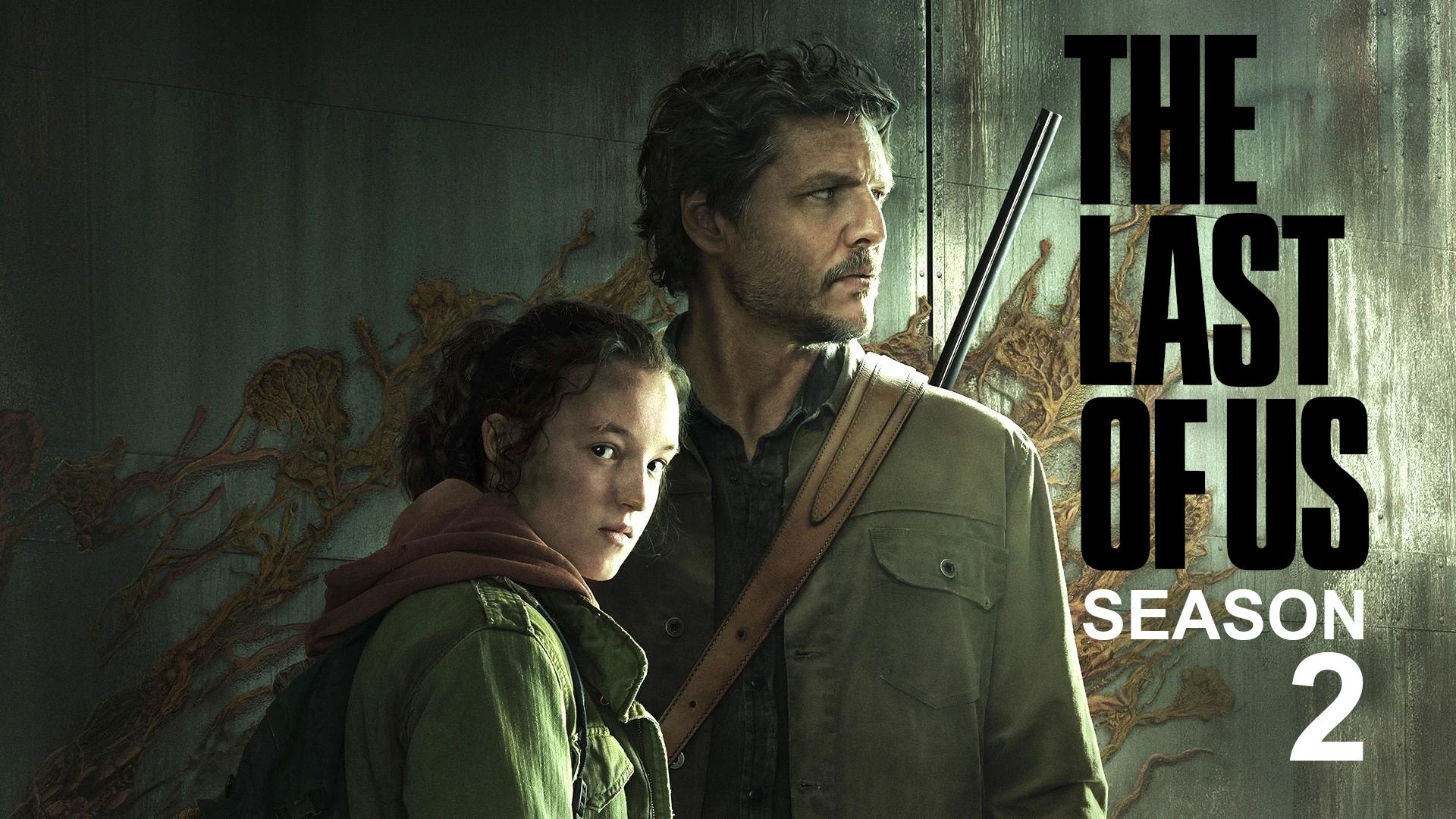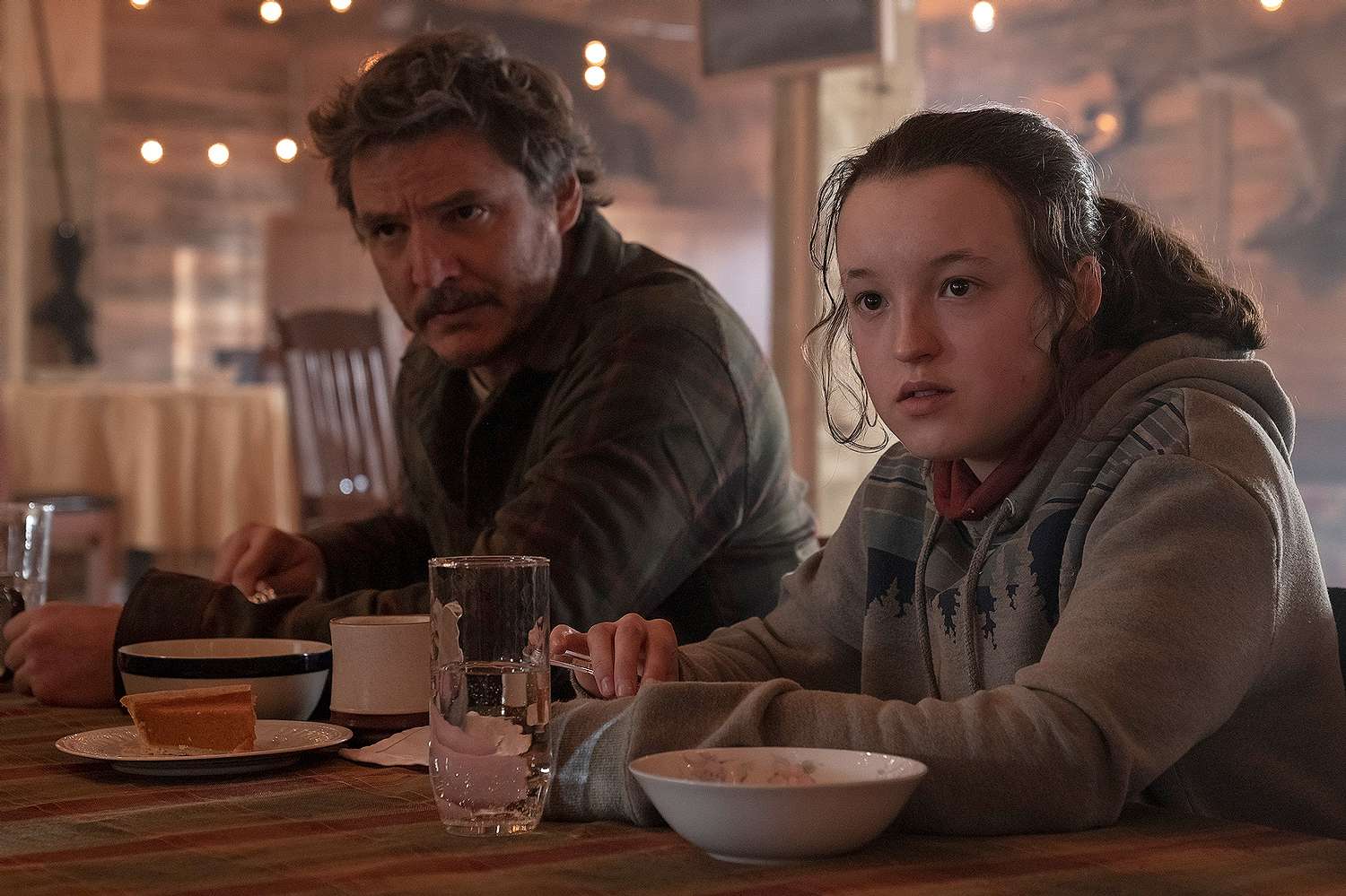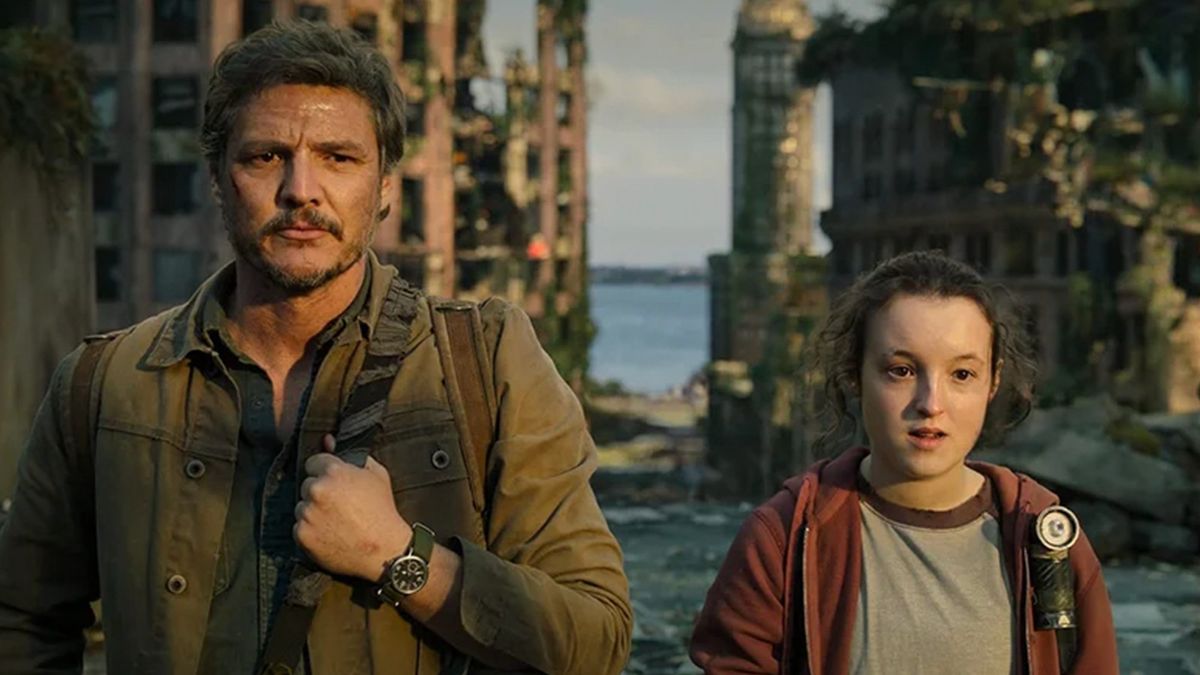You know that feeling when you finish a great book and immediately want to dive into the sequel? That's exactly how millions of viewers felt after The Last of Us Season 1 wrapped up its emotionally devastating finale. Well, the wait is finally over. The Last of Us Season 2 premiered on April 13, 2025, and it's everything fans hoped for—and perhaps more than they bargained for.

After nearly two years since the first season captivated audiences worldwide, HBO's post-apocalyptic drama has returned to explore darker, more complex themes. This isn't just another zombie show—it's a meditation on revenge, survival, and what happens when the people we love become the very thing we're trying to protect ourselves from.
What Makes Season 2 Different: A Story Five Years in the Making
The beauty of The Last of Us has always been its refusal to follow typical post-apocalyptic storytelling tropes. While other shows focus on action sequences and jump scares, this series digs deep into the human psyche. Season 2 picks up the story five years after the events of the first season, and the time jump isn't just a narrative device—it's a window into how trauma shapes us over time.
Craig Mazin and Neil Druckmann have crafted something truly special here. They've taken the source material from the beloved PlayStation video game and transformed it into a television experience that stands on its own. The show doesn't just adapt the game; it expands on it, giving us character moments and emotional depth that even longtime fans of the franchise will find surprising.
The Evolution of Ellie and Joel's Relationship
If you thought the father-daughter dynamic between Pedro Pascal's Joel and Bella Ramsey's Ellie was complicated in Season 1, you haven't seen anything yet. Five years have passed, and their relationship has evolved in ways that will make you question everything you thought you knew about these characters.
Pascal continues to deliver powerhouse performances that somehow make us empathize with a character who's done terrible things in the name of love. Meanwhile, Ramsey's Ellie has grown from a wise-cracking teenager into a young woman grappling with purpose, identity, and the weight of expectations placed on her shoulders.
New Faces, Familiar Dangers: What to Expect from the Cast
Season 2 introduces us to several new characters who will fundamentally change the trajectory of our story. Without spoiling too much, let's just say that the infected aren't the only threat our survivors need to worry about. The human element—that unpredictable, emotional, sometimes irrational aspect of survival—takes center stage in ways that will leave you questioning who the real monsters are in this world.
The casting continues to be spot-on. Every new face feels authentic, lived-in, and real. These aren't just actors playing parts; they're people who've survived twenty years of apocalypse, and it shows in every line delivery, every glance, every moment of hesitation before making a life-or-death decision.
The Weekly Episode Experience: Why Binge-Watching Isn't Always Better
In our age of binge-watching everything, HBO made the smart choice to release The Last of Us Season 2 on a weekly schedule. Every Sunday at 9:00 PM ET, a new episode drops on HBO and Max, and honestly? This pacing works perfectly for this type of storytelling.
These episodes are heavy. They're emotionally taxing in the best possible way. Having a week between episodes gives you time to process what you've seen, to discuss it with friends, to let the implications of each character choice really sink in. It's appointment television in the truest sense—the kind of show that brings people together around water coolers and group chats the next day.
Behind the Scenes: The Craft of Apocalyptic Storytelling
What sets The Last of Us apart from other post-apocalyptic shows isn't just the source material—it's the meticulous attention to detail in every aspect of production. The makeup and prosthetics team has outdone themselves with the infected designs, creating creatures that are simultaneously terrifying and heartbreaking. These aren't mindless zombies; they're people who've lost themselves to something beyond their control.

The production design tells its own story. Every abandoned building, every overgrown street, every piece of faded graffiti adds layers to the world-building. You can see the history of this apocalypse written in the decay around our characters, and it makes their struggle feel that much more real.
Video Game Adaptation Done Right
Let's be honest—video game adaptations have a pretty terrible track record. For every successful transition from console to screen, there are dozens of failures that make us wonder why anyone bothers trying. The Last of Us breaks this mold completely, and Season 2 proves that the first season wasn't a fluke.
The key to this success lies in understanding what made the games special in the first place: character development, emotional storytelling, and moral complexity. The show doesn't try to recreate every gameplay mechanic or action sequence from the source material. Instead, it captures the essence of what made players care so deeply about these characters and their world.
Themes That Hit Different in 2025
Watching The Last of Us Season 2 in 2025 feels different than it might have even a few years ago. We've all lived through our own version of a pandemic. We've seen how quickly normal life can change, how societies adapt (or fail to adapt) to existential threats, and how people can come together or fall apart under pressure.
The show doesn't hit you over the head with pandemic parallels, but they're there, woven into the fabric of the storytelling. It makes the characters' choices feel more relatable, their fears more justified, and their small moments of joy more precious.
The Revenge Story Arc: When Justice Becomes Obsession
Without diving into spoiler territory, Season 2 explores themes of revenge and justice in ways that will make you uncomfortable—in the best possible way. This is a show that asks difficult questions: When is revenge justified? How far would you go to protect the people you love? What happens when the line between justice and vengeance disappears entirely?
These aren't easy questions, and the show doesn't provide easy answers. Instead, it presents complex situations with real consequences, forcing both characters and viewers to grapple with moral ambiguity in a world where traditional ethical frameworks have largely collapsed.
Why This Season Matters: More Than Just Entertainment
In a television landscape saturated with content, The Last of Us Season 2 stands out as something special. It's not just entertainment; it's art that happens to be packaged as a zombie show. The series uses its post-apocalyptic setting as a lens to examine fundamental questions about humanity, family, love, and loss.
This is the kind of television that stays with you long after the credits roll. It's the kind of show that changes how you think about the people in your own life, about the choices you make, and about what really matters when everything else falls away.
Technical Excellence Meets Emotional Storytelling
Every technical aspect of the show serves the story. The cinematography captures both intimate character moments and sweeping apocalyptic vistas with equal skill. The sound design makes every creaking floorboard and distant growl feel menacing. The score underscores emotional beats without overwhelming them.
But all of this technical excellence would be meaningless without the emotional core that drives every episode. This is a show about people first, apocalypse second, and that priority shows in every frame.
What This Means for the Future of Television
The Last of Us Season 2 represents something bigger than just one successful show. It's proof that audiences are hungry for complex, emotionally intelligent storytelling. It shows that video game adaptations can work when they're handled with respect and understanding. Most importantly, it demonstrates that television can be both popular and profound.

This success will undoubtedly influence other creators and networks. We're likely to see more thoughtful adaptations, more character-driven post-apocalyptic stories, and more television that treats its audience as intelligent, emotional beings capable of handling complex themes.
Practical Viewing Tips: Getting the Most from Your Experience
If you're planning to dive into The Last of Us Season 2, here are some suggestions to enhance your viewing experience:
Watch it on the biggest screen possible. The production values are cinematic, and details matter in this world. You'll catch visual storytelling elements that might be missed on smaller screens.
Don't multitask. This isn't background television. The show rewards attention to detail, subtle character moments, and careful dialogue. Put the phone away and immerse yourself completely.
Discuss it with others. The weekly release schedule creates natural discussion points. Join online communities, talk with friends, process what you've seen. The show benefits from conversation and analysis.
Consider watching with subtitles. Some of the most important dialogue happens in whispers or during action sequences. Subtitles ensure you don't miss crucial information.
For Newcomers: Do You Need to Play the Games?
Absolutely not. While familiarity with the source material might enhance certain moments, the show stands completely on its own. The creators have crafted something that works both as an adaptation and as an original piece of television. Jump in without hesitation—the show will catch you up on everything you need to know.
The Cultural Impact: More Than Just Another Hit Show
The Last of Us Season 2 isn't just succeeding as entertainment; it's becoming a cultural touchstone. Social media buzzes with theories and discussions after each episode. The show has sparked conversations about family dynamics, moral philosophy, and survival ethics that extend far beyond the television screen.
This is what great television does—it becomes a shared cultural experience that brings people together around common questions and themes. In our increasingly fragmented media landscape, shows like this remind us of the power of collective storytelling experiences.
Looking Forward: What Season 2 Means for the Franchise
While we're still in the early stages of Season 2, it's clear that this story has more to tell. The source material provides a roadmap, but the show has proven it's willing to expand and explore beyond the games when it serves the story.
The success of this season virtually guarantees future installments, and honestly? That's exciting. This creative team has earned our trust, and the world they've created has plenty of stories left to tell.
Final Thoughts: Why You Need to Watch
In a world full of content competing for your attention, The Last of Us Season 2 rises above the noise. It's television that respects its audience, challenges conventional thinking, and delivers emotional payoffs that feel earned rather than manipulative.
This isn't just a show about surviving zombies—it's about surviving loss, trauma, moral complexity, and the weight of our own choices. It's about finding meaning in a world that seems to have lost its way, and discovering that sometimes the most important battles aren't against external monsters, but against the darkness within ourselves.
Whether you're a longtime fan of the franchise or someone looking for television that offers more than just entertainment, The Last of Us Season 2 delivers on every level. It's appointment television in the truest sense—the kind of show that reminds us why great storytelling matters.
Don't wait for the buzz to die down or for the season to finish so you can binge it all at once. Jump in now, experience it as it unfolds, and be part of the conversation that's defining television in 2025.
The Last of Us Season 2 airs Sundays at 9:00 PM ET on HBO and streams on Max. Trust us—you don't want to miss this one.
